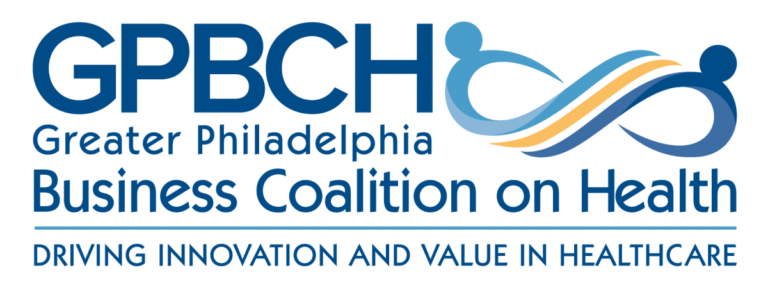Health Equity
Overview
Health Equity Advisory Council members from diverse backgrounds and organizations are collaborating to support adoption and advancement of inclusive, equitable, comprehensive benefits for all US workers. Offering inclusive benefits drives organizational performance and people-centered care that improves the health and wellbeing of employees, their families, and communities.

Health Equity
Advancing Health Equity in the Workplace
Health equity is the state in which everyone has a fair and just opportunity to attain their highest level of health, according to the CDC. To drive health equity in the workplace, the National Alliance Race, Health & Equity Framework for Change focuses on understanding the impact of differences; integrating equity into strategy; evaluating and engaging the supply chain; and sustaining a culture of inclusion.
Health Equity Resources
To achieve health equity, the systems and policies that give rise to racial and ethnic health disparities must change. These resources offer opportunities to learn and enhance employee and organizational health and wellbeing through health equity.
Employer Strategies in Health Equity: Building and Sustaining a Culture of Inclusion
Accelerating Health Equity Across the Supply Chain Share
Employer Town Hall: Accelerating Health Equity Using Workplace Policies & Benefits
Recognizing Implicit Bias and Using Data to Overcome It
Getting Back to Basics
Leading by Example and Moving Upstream Together: A Fresh Look at Addressing Social Needs and Social Determinants of the Workforce
Understanding Health Equity in the Workplace
Coalitions In Action
Membership in the National Alliance is a catalyst for state and regional coalitions and their employer/purchaser members to advance key initiatives like health equity. Together, they leverage their collective influence to drive health, equity and value.

Greater Philadelphia Business Coalition on Health
In 2021, GPBCH launched a health equity member interest group to guide educational and programmatic initiatives. A set of best practices for advancing equity at the coalition level was developed and shared with the National Alliance. Current initiatives focus on how to link race/ethnicity and language data with claims, to support employer identification of inequities, and bringing stakeholders together to discuss how health equity can advance diversity, equity and inclusion.

Washington Health Alliance
In publishing its 17th Community Checkup report, the Washington Health Alliance expanded its reporting and analysis of healthcare quality in Washington state to include the Neighborhood Atlas, also known as the Area Deprivation Index. This tool is validated by the University of the Wisconsin School of Medicine and Public Health. This equity-focused highlight shows the quality of care individuals receive based on their advantage or disadvantage as defined by Neighborhood Atlas. This highlight serves as an opportunity to spur conversation on how to address barriers to ensure all Washingtonians are receiving high-quality care.

Kentuckiana Health Collaborative
The KHC is working to close health disparities to ensure that all people – regardless of race, ethnicity, income, identity, and geography – have access to high-value healthcare to achieve their full health potential. Through its Healthcare Equity Advisory Committee, focus on racism in healthcare, health equity learning series, and other events and activities, the KHC is supporting its members in addressing health disparities in the workplace.
Northeast Business Group on Health
There is a growing awareness among employers that factors like where employees live, what food they have access to, and whom they’re caring for—in addition to how much money they make—have a significant impact on how healthy they are. Understanding how social determinants of health (SDOH) employee populations are essential to any overall health and wellbeing strategy, and an important part of diversity, equity and inclusion (DEI) efforts. NBGH makes it a priority to help employers support employees negatively affected by SDOH.

Pittsburgh Business Group on Health
Now, more than ever, people are seeing the systemic nature of inequity and the damaging effects of an inequitable environment (social determinants of health, or SDOH.) Lack of access to education, healthy food, healthcare, safe and affordable housing, and transportation all play a role in the overall vitality of the region.
PBGH recognizes that employer members are looking to make an impact in their community. They’ve seen the research and the evidence, and now they are ready to act together to ignite change.
Related News & Resources
- National Alliance In The News
- National Alliance In The News